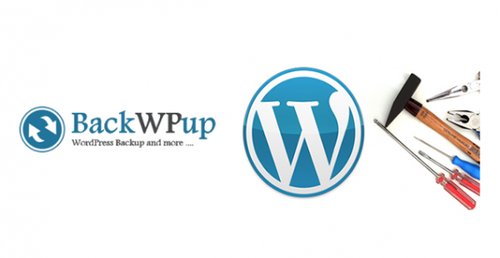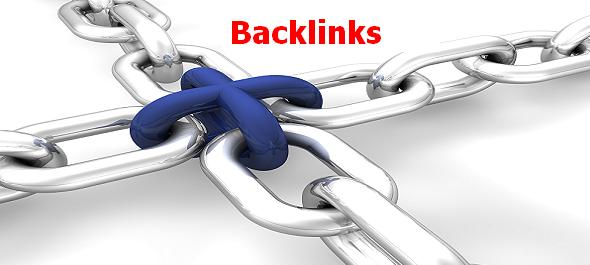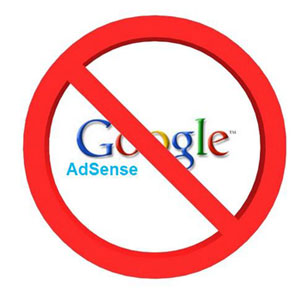Blogging
Pros and Cons of Linking to External Websites
Links comprise an essential element in the website’s overall structure and play a key role in search engine ranking. They enable search engines to evaluate the importance and relevance of a website. Hence link building is necessary to maintain connections with other websites that are related to your own site.

Most people implement inbound link building tactics like blog commenting, submitting to directories, new release dissemination etc. Likewise, there are outbound links too, which if used correctly can be of great value in the ‘linking’ chain. Here we give you a run down the pros and cons of outbound linking.
Pros:
1. Great for new websites
Including outbound links are ideal for newly launched websites looking for ways to engage with their online audiences and also serve as a proof of existence. Outbound links are stepping stones to building a viable link portfolio and also shows that you ready to offer your visitors important information.
2. Great for getting noticed
Outbound linking is a good way for other website owners or bloggers – especially within your niche – to notice you. Webmasters regularly review and research about the main sources of their traffic; so if you are driving traffic to their site, they may be keen to know about your site and click on you. They may even create a link back to you. Apart from getting noticed, outbound links are great for fostering new relationships within your direct and related segments, whilst laying the ground-work for inbound links in future.
Cons:
1. Quality control issues
Always check out the prospective websites before linking with them. Review the content and ensure that there are synergies with what you’re offering. While the ideal sites to link with are those that witness a fair amount of traffic, in reality you have no hold over the content and quality control of that particular site. What may seem great at the onset, may not hold the same value a few months later.
2. Distraction and diversion
By providing links to another website or blog, you run the risk of loosing your visitor by providing an opportunity to visit another site. Attention span being a major constraint with most Internet users, outbound links can easily divert attention.
To summarize, outbound linking should ideally be implemented in the initial phases of website development to build and enhance its value. Also do take care to differentiate between outbound linking and link exchange, the latter, which can add a whole lot of irrelevant links to other websites.
Read More: Why Link Exchange Program is Bad For Your Blog’s Health
You definitely don’t want to confuse your visitors and appear dubious to the search engines- especially if you’ve just launched your site or blog.
















